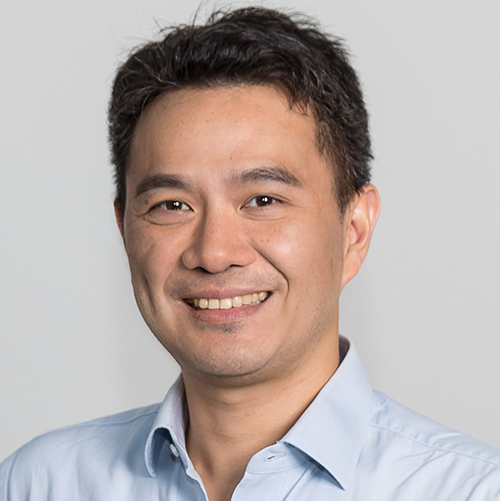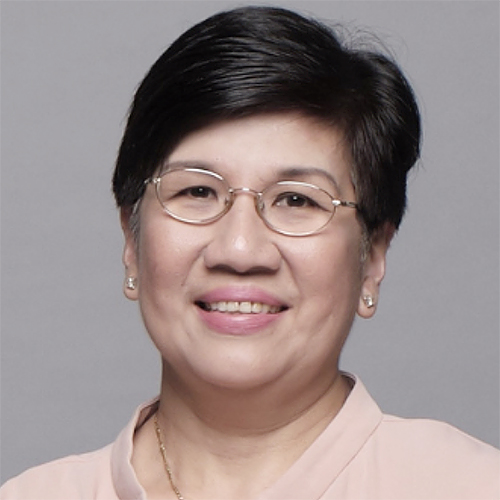In an era of geopolitics and economic uncertainties, Malaysia is looking to stand out from the crowd as a neutral location for the future production of semiconductors, which are crucial components in modern electronics and play an important role in powering various key industries.
Malaysian Prime Minister Anwar Ibrahim, speaking at a recent event, unveiled the country’s National Semiconductor Strategy (NSS) that aims to attract at least 500 billion ringgit (US$107 billion) in investment for its semiconductor industry.
To support this goal, the Malaysian government, according to Anwar, will provide fiscal support of at least 25 billion ringgit (US$5.3 billion) that will be used to offer incentives to foreign investors and to train 60,000 Malaysian engineers to meet future industry demand. The strategy also includes establishing at least 10 local companies focused on the design and advanced packaging of semiconductor chips.
“Today, I offer our nation,” Anwar stated during the event, “as the most neutral and non-aligned location for semiconductor production to help build a more secure and resilient global semiconductor supply chain.”
Malaysia already accounts for 13% of the global semiconductor testing and packaging. And the country is the sixth-largest exporter of semiconductors, behind other notable locations like China, the United States, South Korea and Taiwan.
In recent years, Malaysia has attracted significant investment from leading international firms, including Intel, which announced last August that it would open a 3D chip packaging plant in the Malaysian state of Penang. It is expected to be the US-based chip giant’s first overseas facility for advanced 3D chip packaging.
Similarly, Germany-based semiconductor manufacturing company Infineon announced plans last August to invest US$5.5 billion into Malaysia to expand its facility at Kulim Hi-Tech Park. The company plans to manufacture chips to be used in the production of electric vehicles.
Other major semiconductor companies like AT&S, Nvidia, Texas Instruments, Ericsson, Bosch, Xfusion, StarFive and TongFu Microelectronics are also planning to expand their operations in Malaysia in the coming years.
Malaysia’s journey in the semiconductor industry began in the 1970s with the establishment of the first Free Trade Zone, which played a pivotal role in attracting multinational firms to set up assembly plants.
This strategic move emphasized export-driven growth and offered financial incentives, laying the groundwork for the country’s future in electronics. By the early 1980s, Malaysia had become home to 14 semiconductor firms, including companies like AMD, Hitachi and HP.
The country’s semiconductor sector is diverse, comprising firms that specialize in outsourced semiconductor assembly and testing, automated test equipment manufacturers, and high-performance test socket designers and manufacturers.
The revenue projection for the Malaysian semiconductor market, according to data from Statista, is expected to reach US$16.94 billion in 2024 with integrated circuits dominating the market. Revenue is expected to have a compound annual growth rate of 9.10% between 2024 and 2027, resulting in a market volume of US$22 billion by 2027.
Malaysia’s NSS comes at a time when geopolitical tensions are high between China and Taiwan. The island currently has a dominant position in the global semiconductor sector, according to market intelligence provider TrendForce, with a 68% market share.
As a result, several semiconductor manufacturers have started to diversify their operations away from Taiwan. For example, Taiwan Semiconductor Manufacturing Company, the world’s largest maker of advanced chips, has already commenced building offshore manufacturing operations in Japan and the United States.









